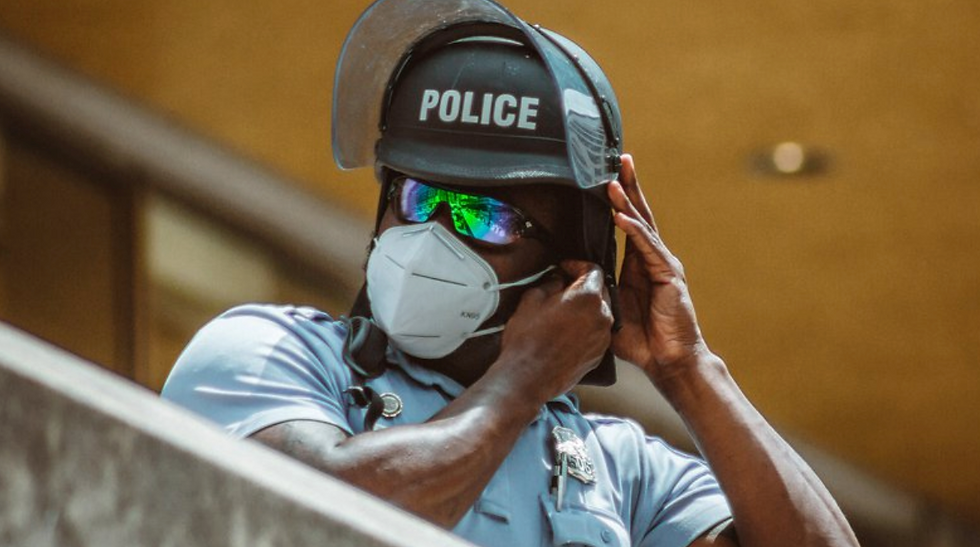Police Discretion Under Pressure: On the Criminogenic Potential of Organizational Reform
- Dec 8, 2020
- 1 min read
Tereza Østbø Kuldova & Christin Thea Wathne have written a short piece for the Exertions series by the Society for Anthropology of Work.

Following the wave of Black Lives Matter demonstrations in the United States earlier this year, debates about policing were also reignited in Norway. A number of commentators reflected on the education that all police officers in Norway receive at the Norwegian Police University College, which sets the Norwegian police apart from its counterpart in the United States. This education includes training in the Norwegian criminal justice system and laws, but it goes far beyond that. It also critically engages with the role of the police in society, providing insight into the lives of vulnerable groups and engaging with perspectives from sociology, criminology, and psychology. The program builds on a policing tradition of restraint, in which the police are to be reserved in their use of force and use professional discretion, understood as making the best possible judgment based on training and experience, in day-to-day police work. This tradition of restraint is embedded in the Police Act, which emphasizes that means of least strength should be used first....
continue reading at: https://doi.org/10.21428/1d6be30e.a76f702b
Kuldova, T. Ø., & Wathne, C. T. (2020). Police Discretion Under Pressure: On the Criminogenic Potential of Organizational Reform. Society for the Anthropology of Work.






Comments